Recycling helps keep our community clean and sustainable. By following these three simple rules, we can make a big difference:
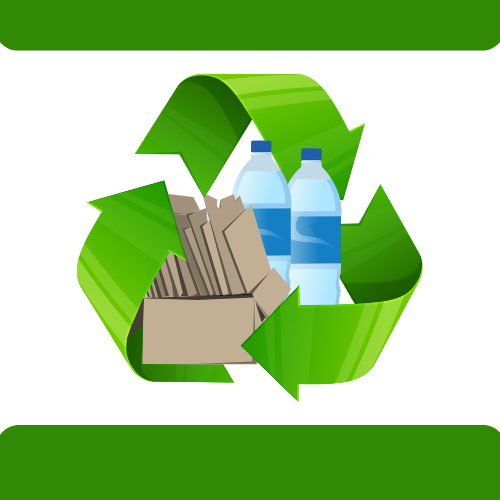


Not sure what goes in the recycling bin? Here’s a simple guide to help you out. Learn which everyday materials are commonly accepted, which ones you should avoid, and tips to make sure your recyclables are clean and ready.
These items can go in your recycling bin, as long as they're clean and dry.
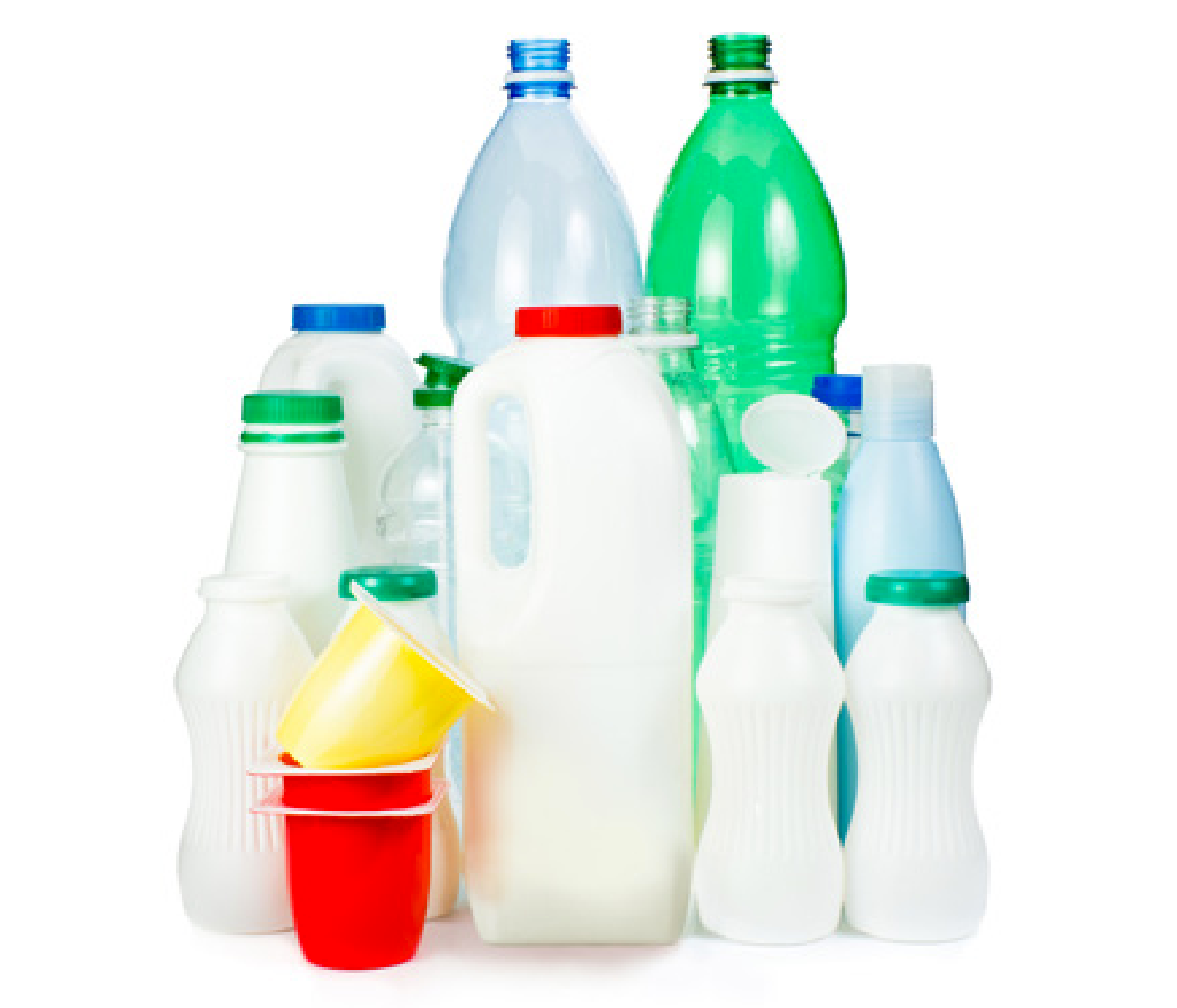
Recycle plastics by shape: bottles, jars, jugs and tubs. The "chasing arrows" symbol doesn't necessarily mean it's recyclable.

Recycle empty tin, aluminum and steel cans.

Paper, newspaper and magazines are good to recycle.
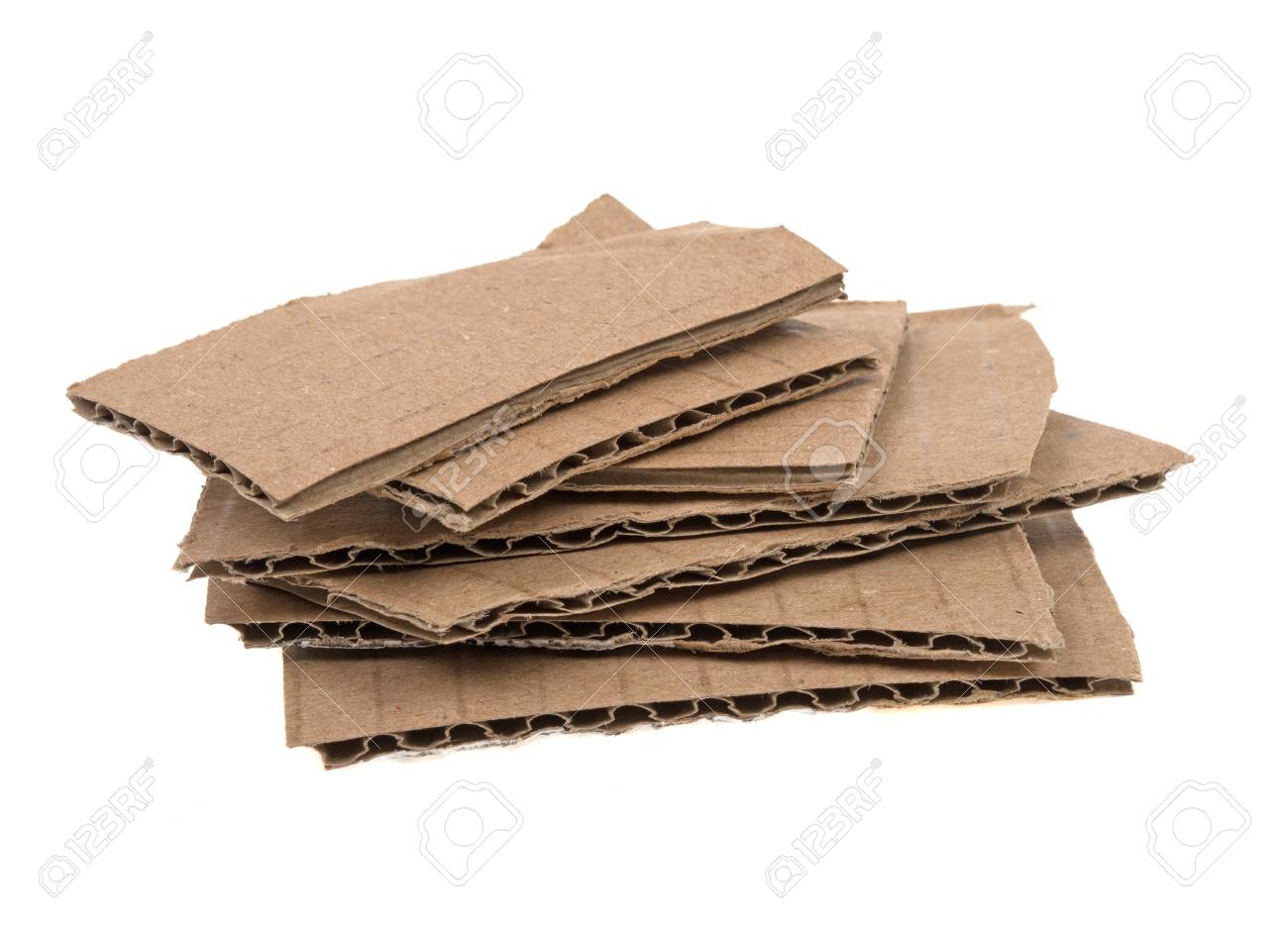
Flatten and recycle all cardboard and paperboard.
Try to reduce and reuse these items instead of putting them in the trash.
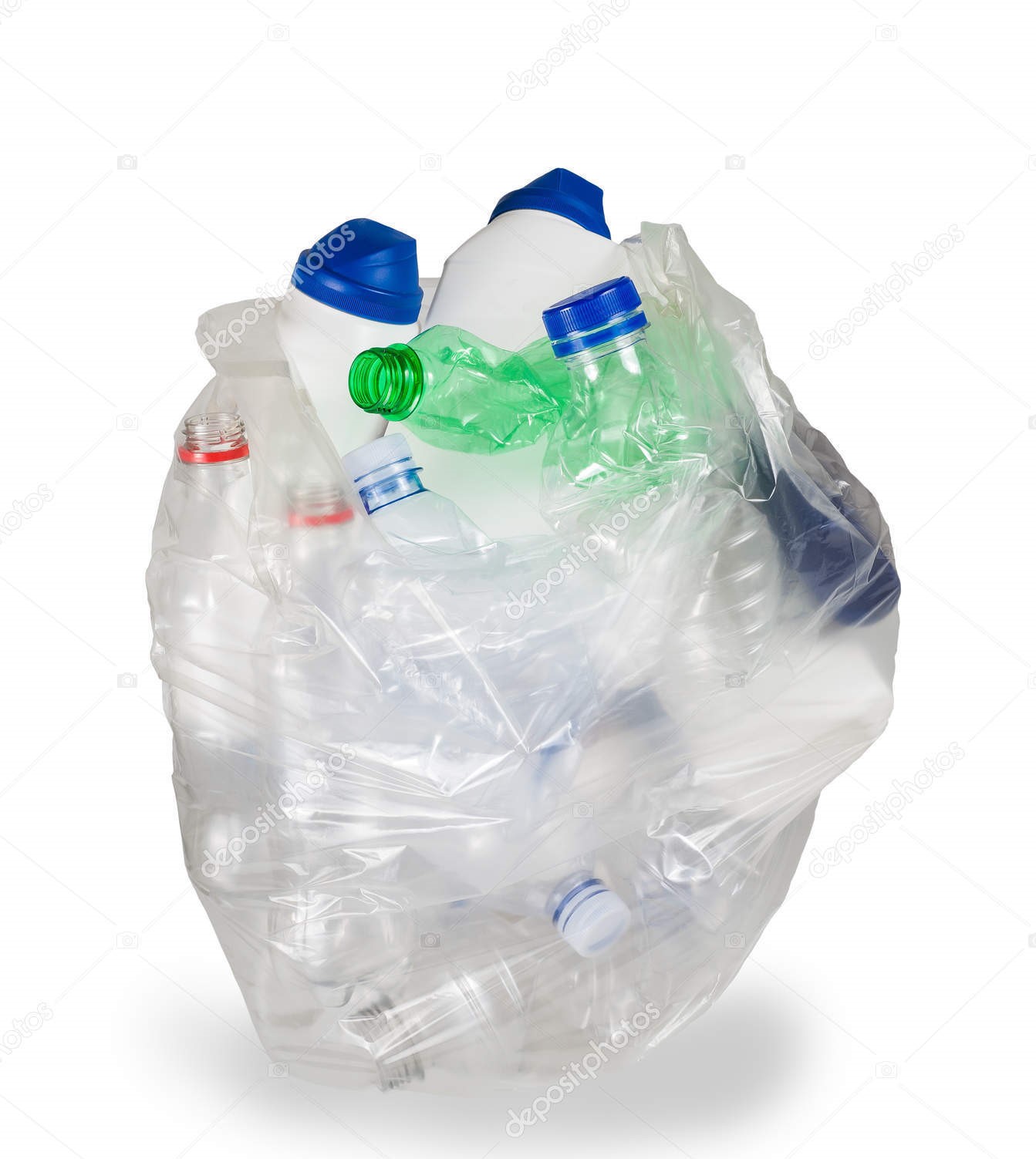
Do not bag recyclables. They must be loose in the bin.
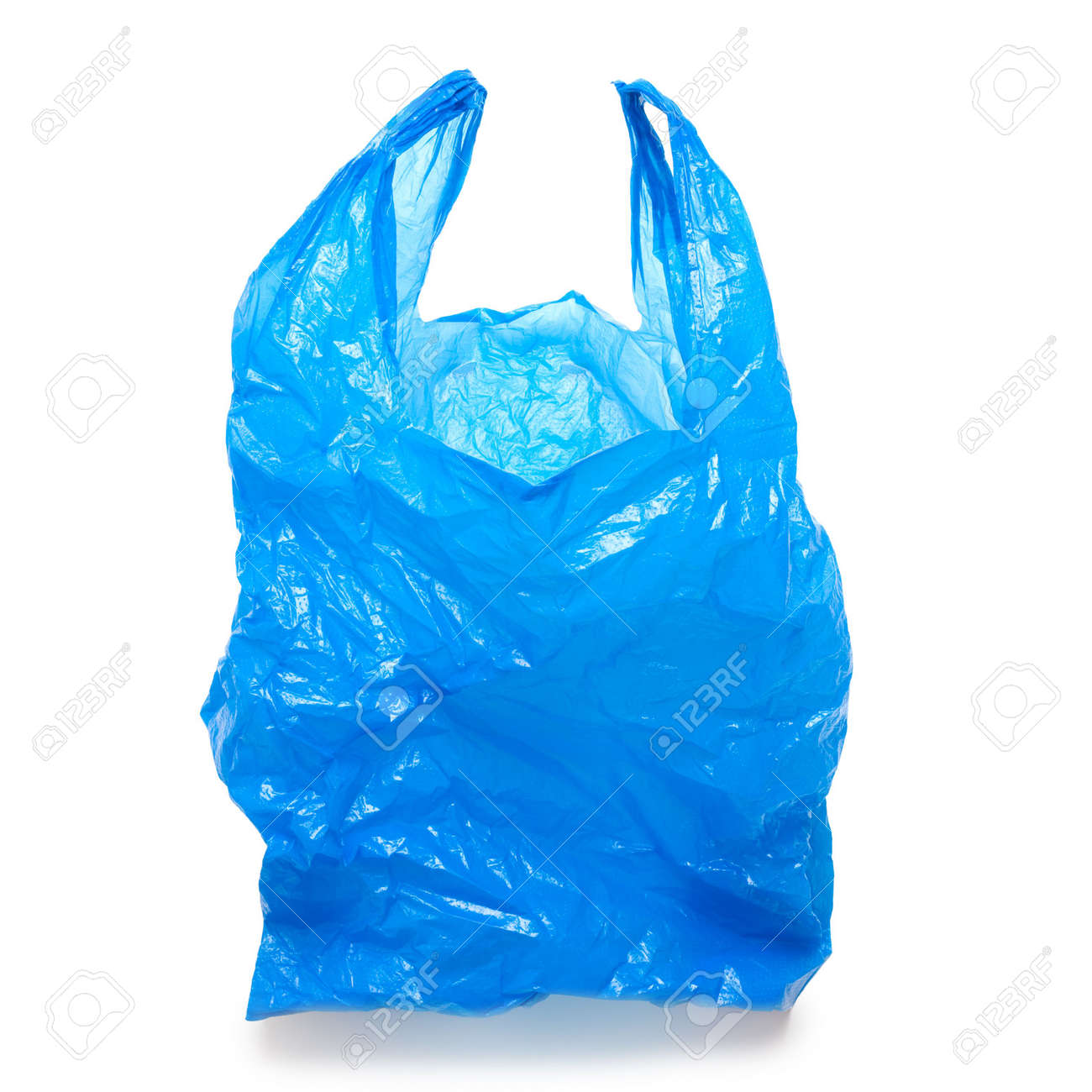
Plastic bags are not accepted as part of curbside recycling programs - they get tangled in equipment and threaten worker safety.
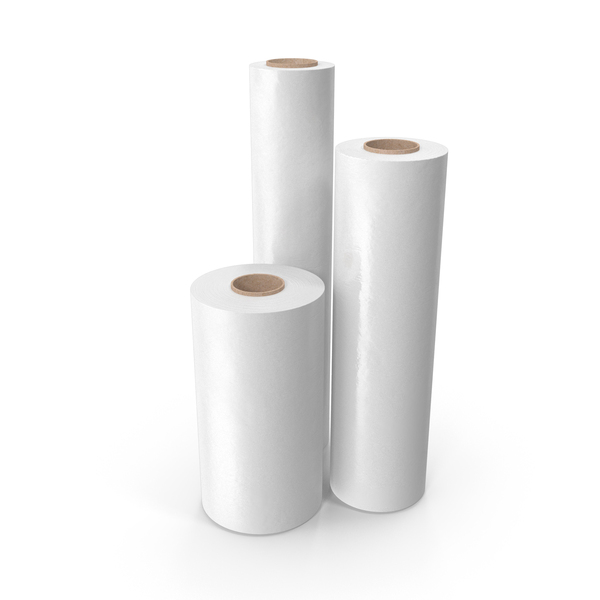
Plastic wrap, bubble wrap, sandwich bags and freezer bags should not go in the recycle bin.
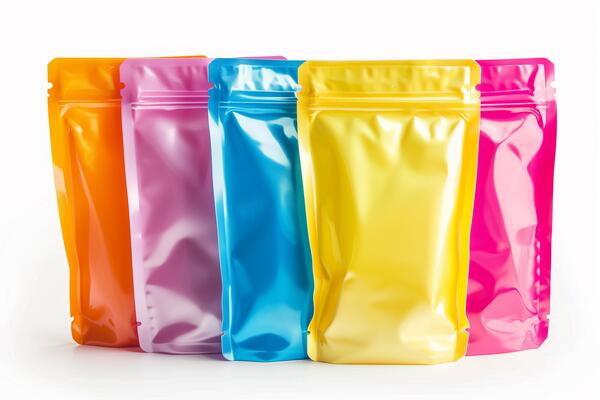
Flexible packaging like chip bags and juice or soup pouches cannot be recycled in curbside programs.
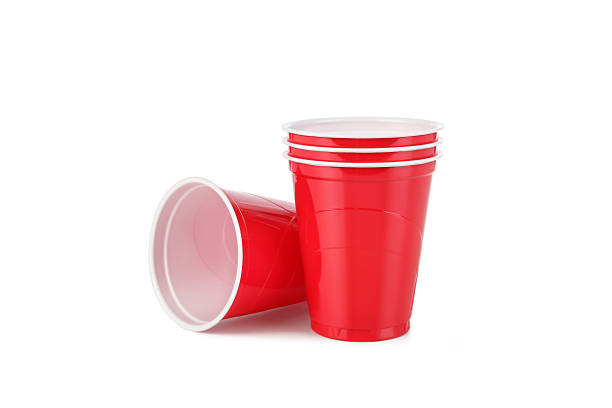
Cups with plastic or waxed coatings are not recyclable. The plastic lids should be trashed as well.

Polystyrene foam, plastic "to-go" containers and cups are made of non-recyclable materials, and are not acceptable in the curbside recycling program.
Typically not accepted for curbside pickup.
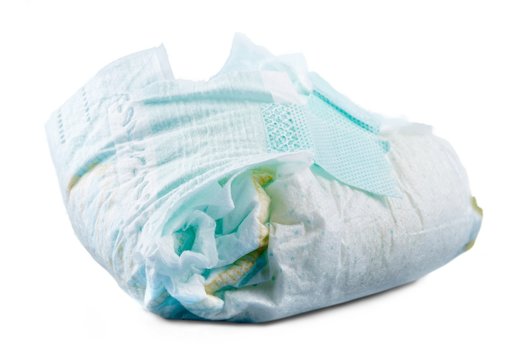
Dirty diapers’ and pet waste’s yuck factor increase when they end up where they shouldn’t — the recycle bin!
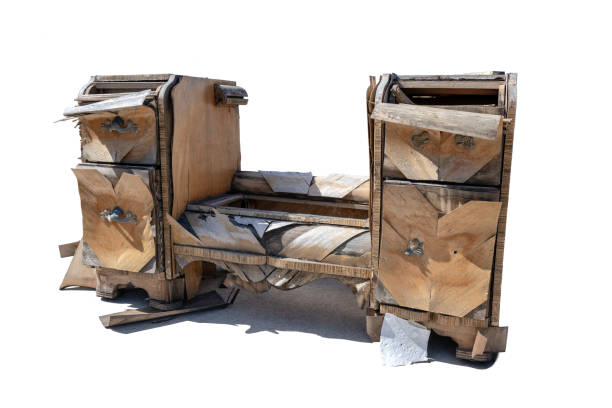
No Household Items Clothing, textiles, shower curtains, mini-pools, fencing and furniture don't go in the recycling.
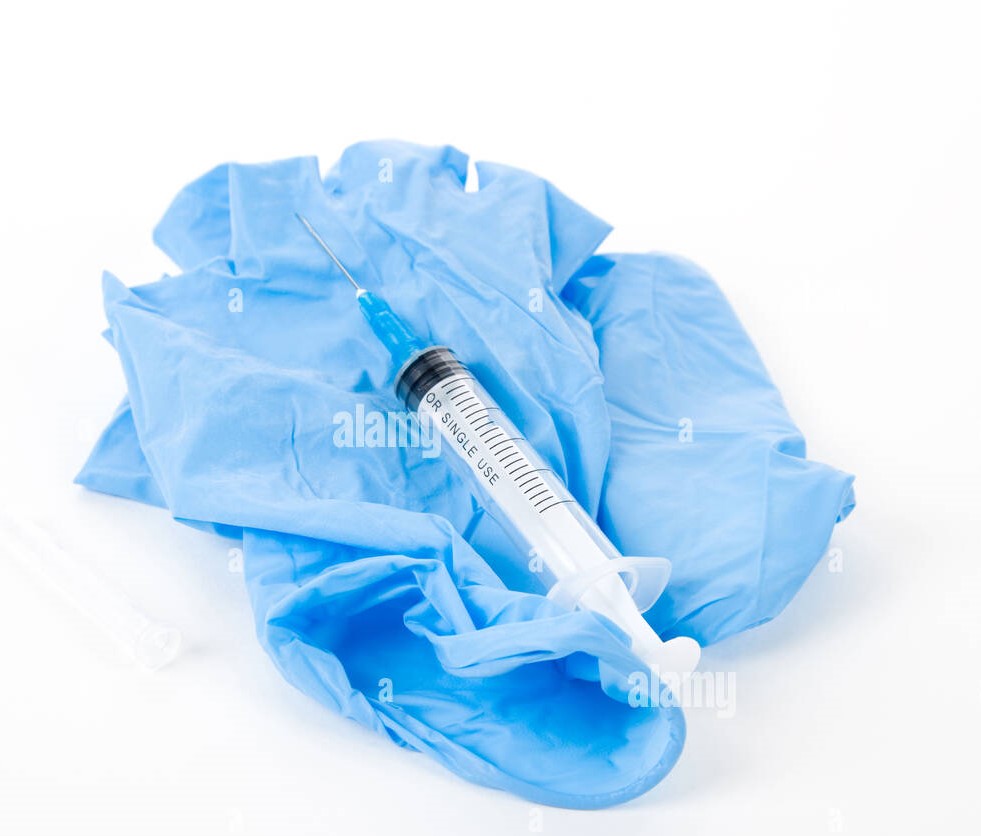
Medical waste can pose a safety hazard and never goes in curbside recycling or waste bins.

Car parts, scrap metal, tires, filters, propane cylinders and the like are safety hazards if put in curbside recycling or trash bins.